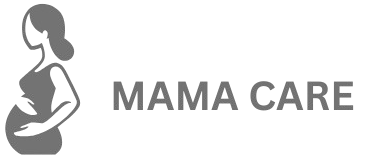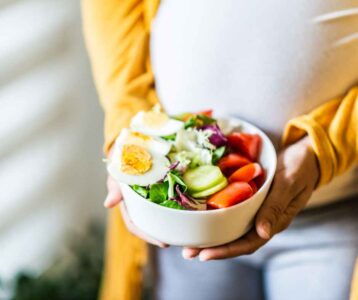Pregnancy is a transformative journey that requires optimal nutrition to support both the mother and the growing baby. Eating a well-balanced diet rich in essential nutrients helps promote fetal development, maintain maternal health, and prevent complications. Here are the key nutrients every expectant mother should prioritize during pregnancy:
1. Folic Acid (Vitamin B9)
Folic acid is crucial in preventing neural tube defects (NTDs) such as spina bifida in babies. It aids in DNA synthesis and cell growth, especially in the early stages of pregnancy.
Sources: Leafy greens, citrus fruits, beans, lentils, and fortified cereals.
Recommended Intake: 400-600 mcg daily before and during pregnancy.
2. Iron
Iron is essential for red blood cell production and oxygen transport to the baby. Pregnant women are at risk of iron-deficiency anemia, which can lead to fatigue and complications.
Sources: Lean meats, poultry, fish, lentils, spinach, and fortified cereals.
Recommended Intake: 27 mg per day.
3. Calcium
Calcium supports fetal bone and teeth development while preventing maternal bone loss. If dietary intake is insufficient, the baby draws calcium from the mother’s bones.
Sources: Dairy products, fortified plant-based milk, almonds, broccoli, and sardines.
Recommended Intake: 1,000 mg per day.
4. Vitamin D
Vitamin D aids in calcium absorption, supporting the baby’s bone and immune system development.
Sources: Sunlight, fatty fish (salmon, mackerel), fortified milk, and eggs.
Recommended Intake: 600 IU per day.
5. DHA (Docosahexaenoic Acid)
DHA, an omega-3 fatty acid, plays a critical role in fetal brain and eye development.
Sources: Fatty fish (salmon, sardines), flaxseeds, chia seeds, and omega-3 supplements.
Recommended Intake: 200-300 mg per day.
6. Protein
Protein is essential for the growth of fetal tissues, including the brain, and helps build the placenta and maternal blood supply.
Sources: Lean meats, eggs, dairy, beans, nuts, and soy products.
Recommended Intake: 75-100 grams per day.
7. Iodine
Iodine is vital for fetal brain development and maternal thyroid function. Deficiency can lead to intellectual disabilities in infants.
Sources: Iodized salt, dairy, seafood, and eggs.
Recommended Intake: 220 mcg per day.
8. Zinc
Zinc supports immune function, cell growth, and wound healing. It also plays a role in preventing preterm labor and low birth weight.
Sources: Meat, shellfish, nuts, seeds, dairy, and whole grains.
Recommended Intake: 11-12 mg per day.
9. Magnesium
Magnesium supports nerve and muscle function, helps regulate blood sugar levels, and prevents preeclampsia.
Sources: Nuts, seeds, whole grains, legumes, and leafy greens.
Recommended Intake: 350-400 mg per day.
10. Vitamin C
Vitamin C enhances iron absorption, boosts the immune system, and supports skin and tissue development.
Sources: Citrus fruits, bell peppers, strawberries, kiwi, and tomatoes.
Recommended Intake: 85 mg per day.
Final Thoughts
A well-balanced diet rich in these essential nutrients can make a significant difference in pregnancy health and fetal development. If dietary intake is insufficient, prenatal vitamins can help fill the gaps. Always consult a healthcare provider before taking any supplements to ensure proper dosage and avoid potential risks.
By prioritizing proper nutrition, expectant mothers can give their babies the best possible start in life while maintaining their own health and well-being.

